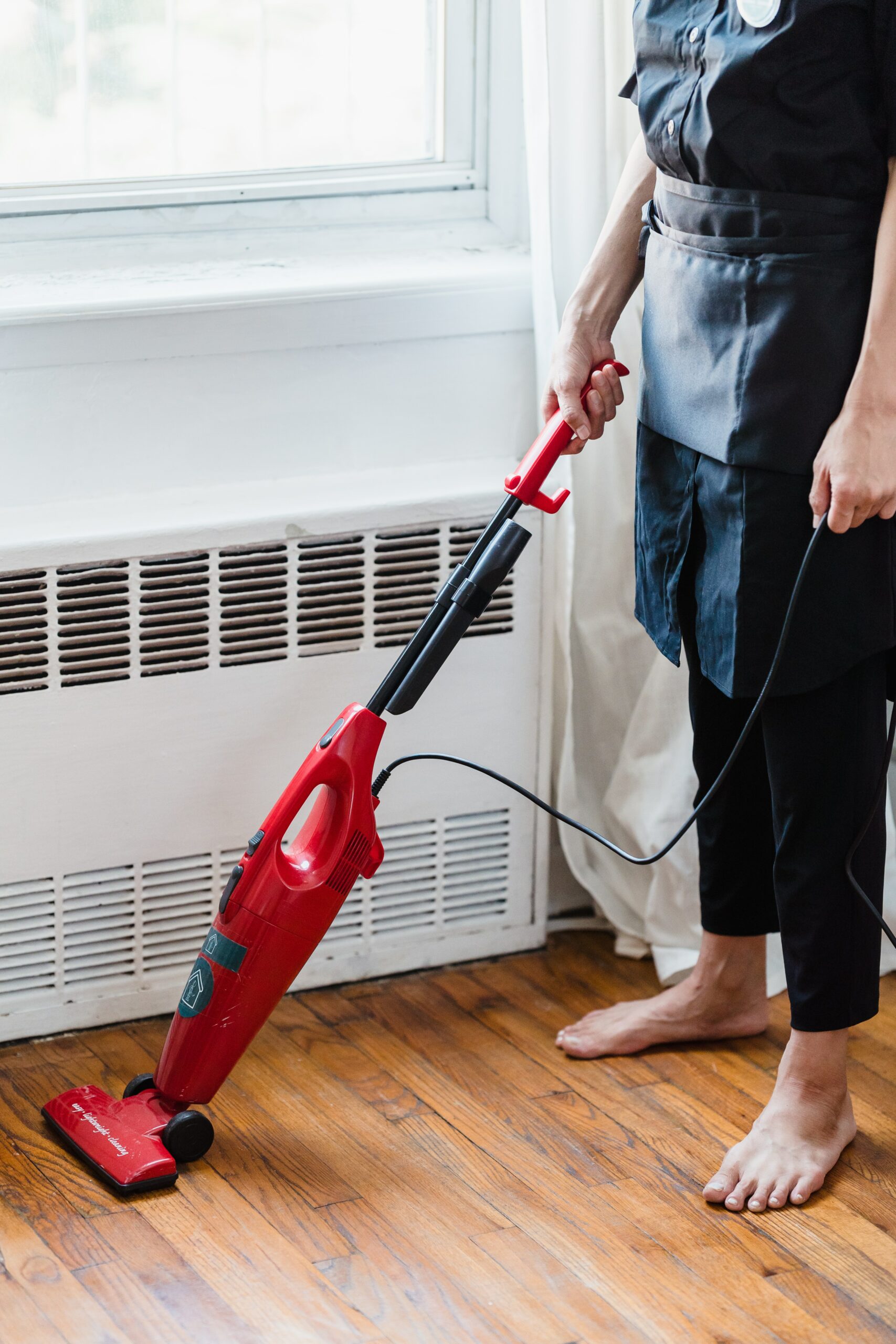Responding to what is termed a lack of sufficient oversight of “unregulated” non-Article 28 practices and management services organizations, Governor Hochul proposed within her 2023-2024 Executive Budget submission legislation that would require certain transactions made related to these organizations to be reviewed and approved by the state Department of Health.
If enacted, the proposal would create Article 45-A of the Public Health Law entitled “Review and Oversight of Material Transactions” that would submit certain private equity supported practice transactions, private practice mergers and acquisitions, and management services organization (MSO) transactions to a new regulatory burden.
According to the legislation, much of the pretext for this action rests on concerns related to cost, access, quality, equity and competition held by state regulators and policy makers. It also likely results in part from years of intense lobbying by hospital interests as they seek to “level the playing field” concerning state approval differences between Article 28 and non-Article 28 practices. New York’s long-standing aversion to private-equity backed medical care may also play a role.
Specifically, the proposal targets “change of control” actions or what is termed “material transactions” related to MSOs that provide “all or substantially all administrative or management services under contract with one or more physician practice.” The bill language defines “material transactions” as mergers; acquisitions; affiliations; contracts or affiliations between a health care entity and a person; and the development of a “management services organization for the purpose of administering contracts with health plans, third-party administrators, pharmacy benefit managers, or health care providers.”
It is important to note that the proposal would also grant DOH the authority to unilaterally expand the definition of “material transaction” in the future.
Should this proposal become law, many currently unregulated routine transactions between private entities would be subject to state review and approval, including management contracts and asset acquisition contracts between MSOs and physician practices, and physician investments in an MSO.
The proposal, which closely mirrors laws recently enacted in Oregon, Washington and California, would require initiators of covered transactions to submit to DOH 30 days before the closing date of the transaction an application that includes: the purpose of the transaction; locations involved and subsequent impact thereon; a description of any service or plan participation elimination or reduction; copies of formal agreements; an analysis of the impact on cost, quality, access, equity, and competition; and a description of any commitments concerning expansion or health equity.
Should the information in the application meet the requirements, the application would be automatically approved at the conclusion of the 30-day review period. However, should DOH require additional information the application would pend until such time as DOH completes a more intensive review. At the conclusion of its review DOH may take any of the following actions:
- Approve the application
- Reject the application
- Refer the application to the state Attorney General for scrutiny specific to competition concerns
- Approve with “conditions” that may include community reinvestment requirements, contributions to New York’s “health care transformation fund,” or other actions.
Applicants should be aware that all information submitted through this process may be available to the public and in certain instances DOH may seek public comment concerning a given application.
Notably, the measure is not without teeth. Under its provisions DOH is authorized to impose a civil penalty of up to $10,000 per day for each day a transaction fails to comply, and/or pursue an injunction against any transaction failing to follow the application process.
While this is clearly a policy matter, it was nonetheless included within the comprehensive “Article 7” budget bill, which is one of several bills that collectively constitute the Executive Budget proposal. As such, the elimination or modification of its provisions is made more difficult within the context of the far more broad final budget negotiations between the Governor and the Legislature.
Interested parties are encouraged to contact their state lawmakers to express any concerns related to this proposal, including any deleterious impacts it would have on the ability to provide services in communities where needs are most acute.









